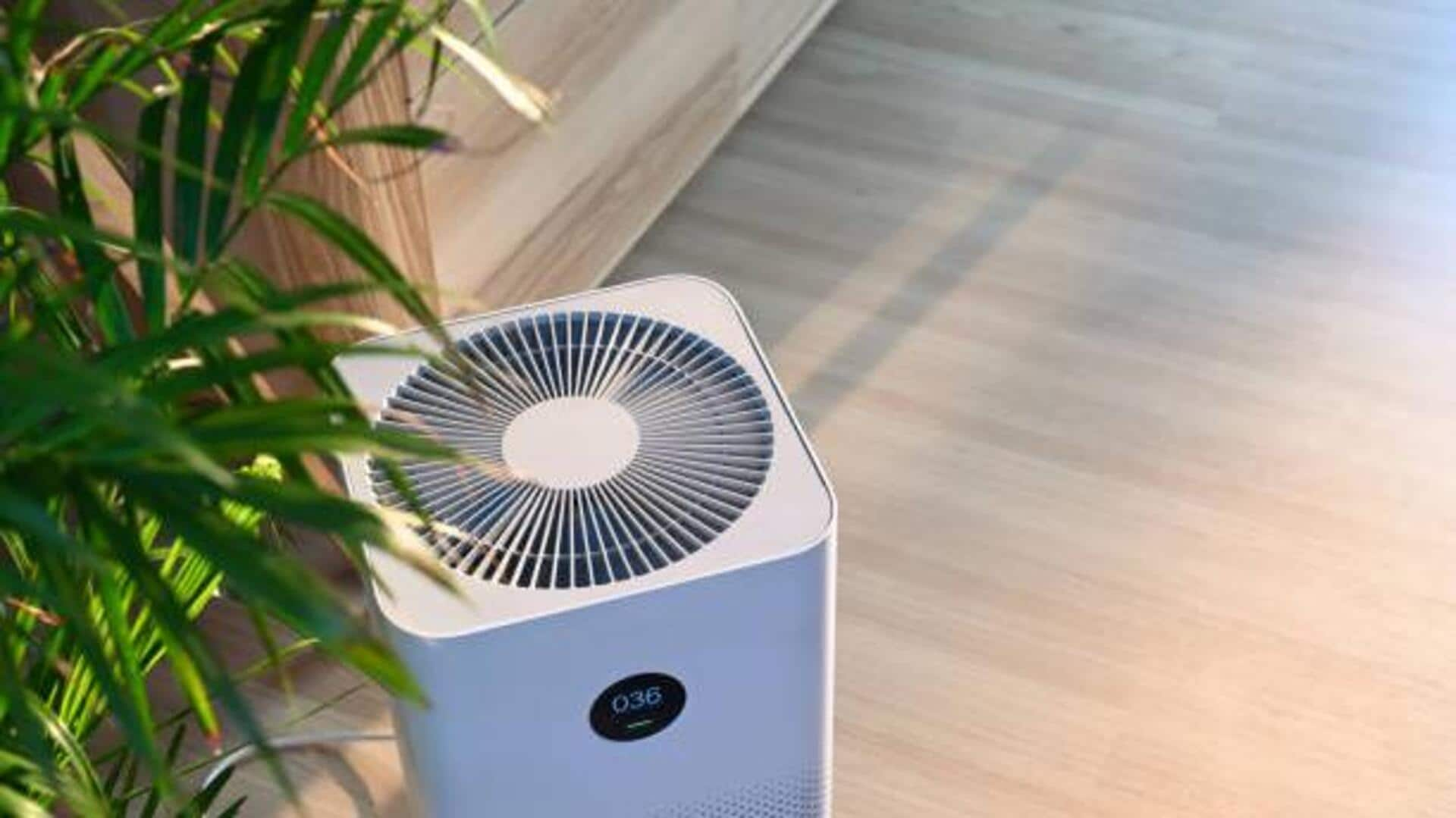
5 air purifier myths you should stop believing
What's the story
We often consider air purifiers to be an essential device for ensuring a healthy indoor environment. However, the several myths around their usage can often mislead and render them ineffective. This makes it important to know these myths if you want to make an informed choice for the air quality in your home/office. Here's debunking some of the biggest myths about air purifiers.
Device variability
Myth: All air purifiers are the same
Not every air purifier works the same way. Different models offer different technologies such as HEPA filters, activated carbon filters or ionizers. Each type tackles different pollutants (dust, pollen, odors) in a different manner. As such, the right purifier would depend on your needs and the pollutants prevalent in your surroundings. Knowing these differences can help you pick a device that resolves your indoor air quality issues.
Limited scope
Myth: Air purifiers eliminate all pollutants
While air purifiers are great at mitigating some airborne particles such as dust and pollen, they won't get rid of all kinds of pollutants. For example, they may not filter gases or volatile organic compounds unless they have special filters like activated carbon ones. Also, bigger particles that settle on surfaces are out of reach. Complementary cleaning practices are needed for thorough indoor air purification.
Size considerations
Myth: Bigger is always better
The effectiveness of an air purifier isn't just about its size. It is important to pair the unit's capacity with the size of the room for energy-efficient purification. Oversized purifiers may result in unnecessary energy consumption, while too small units can't clean properly. The Clean Air Delivery Rate (CADR) is a critical specification for choosing the right size.
Maintenance needs
Myth: Air purifiers require minimal maintenance
Contrary to popular belief, regular maintenance is essential for optimal performance of an air purifier. Filters need periodic replacement or cleaning depending on their type and usage frequency to ensure efficiency in trapping pollutants over time. Neglecting maintenance can lead to reduced effectiveness and potentially higher operational costs due to increased energy consumption by clogged filters working harder than necessary.
Year-round use
Myth: Air purifiers are only needed during allergy season
Many think air purifiers are only used for allergy season for pollen, but indoor pollution due to cooking or pet dander is a year-round problem. Even with the windows shut, these pollutants affect indoor air quality. Regular monitoring and maintenance of air purifiers can effectively manage and improve indoor health all year round, making their need beyond just seasonal use.